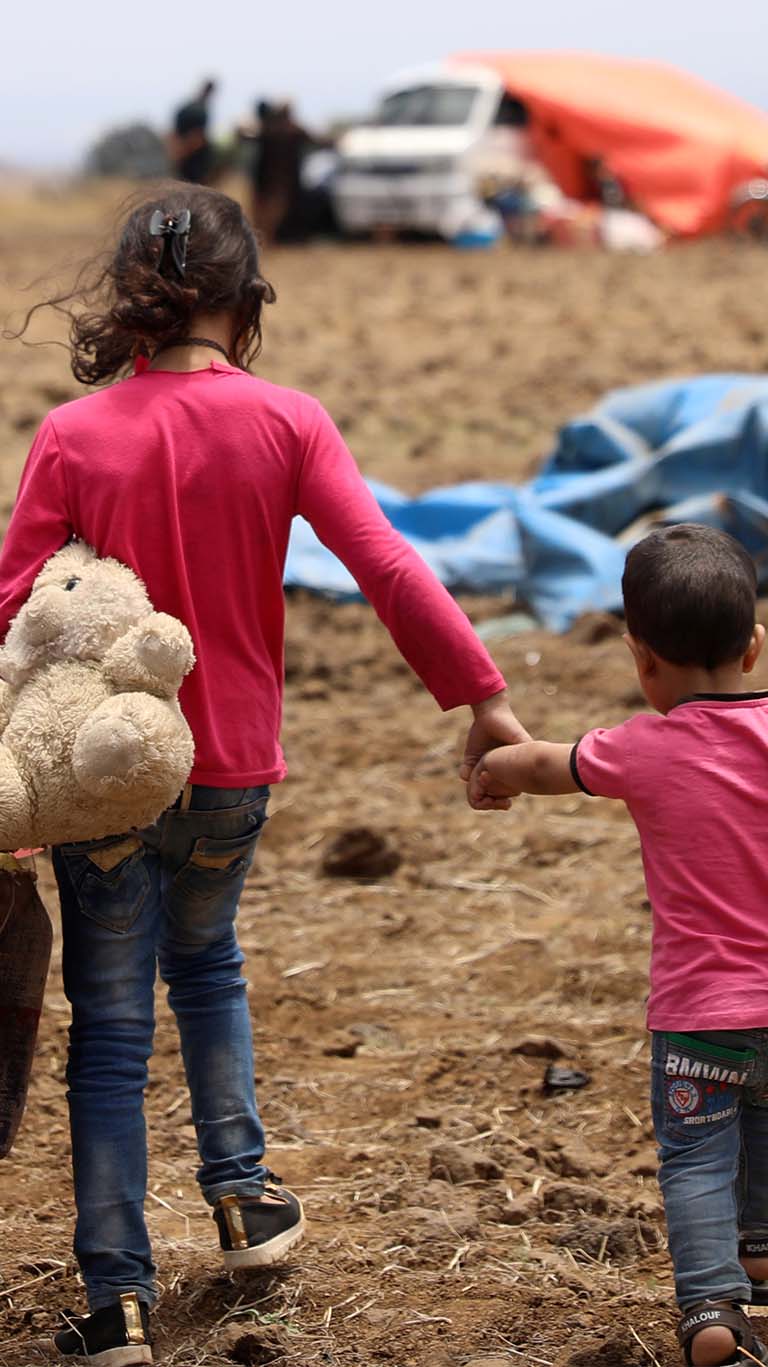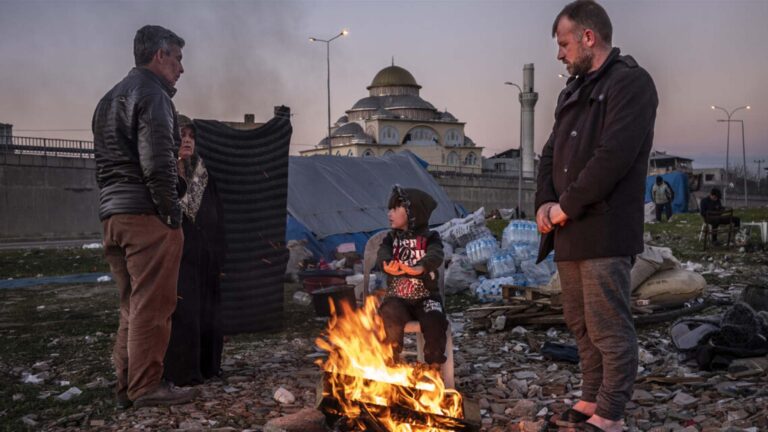people internally displaced within the country.

Syria
© Reuters
THE HUMANITARIAN SITUATION IN SYRIA
Since the beginning of the war in 2011, the violence against the civilian population in Syria has only intensified and become more complex. Many regions suffer regular bombardment and civilian populations are subjected to human rights violations and abuses, caught in the crossfire between government forces, armed opposition forces, allies of the two sides and extremist factions.
The transportation of humanitarian aid continues to be hampered by problems of access, especially in areas once more under the control of the Syrian regime. Similar difficulties are now also experienced in the areas held by the opposition, where cross-border humanitarian aid has been reduced under pressure from the regime. There is now just one authorised border crossing point, weakening the capacity of humanitarian organisations to support communities.
Attacks on health workers, their vehicles and equipment and on healthcare facilities are still taking place, in violation of international humanitarian law. This is severely impairing access to healthcare for the most vulnerable.
Since the beginning of the uprising, health workers have been subjected to a campaign of persecution, and humanitarian assistance has been criminalised in areas held by the opposition.
OUR HUMANITARIAN WORK IN SYRIA
Our humanitarian mission in Syria is focused on medical assistance in response to inequalities in access to healthcare and the disruption caused by the Covid-19 pandemic.
-
2008Programme on access to healthcare initiated in the Aleppo region.
-
2011Start of the war.
-
2012Support at the Reyhanli post-operative care centre which looks after refugees on the Turkish border.
-
2012Establishment of static and mobile clinics in the north west of the country.
-
2013Support for healthcare facilities inside Syria and opening of a mother and child healthcare centre.
-
2014Support at the post-operative care centre in Sarmada, in the Idlib region.












